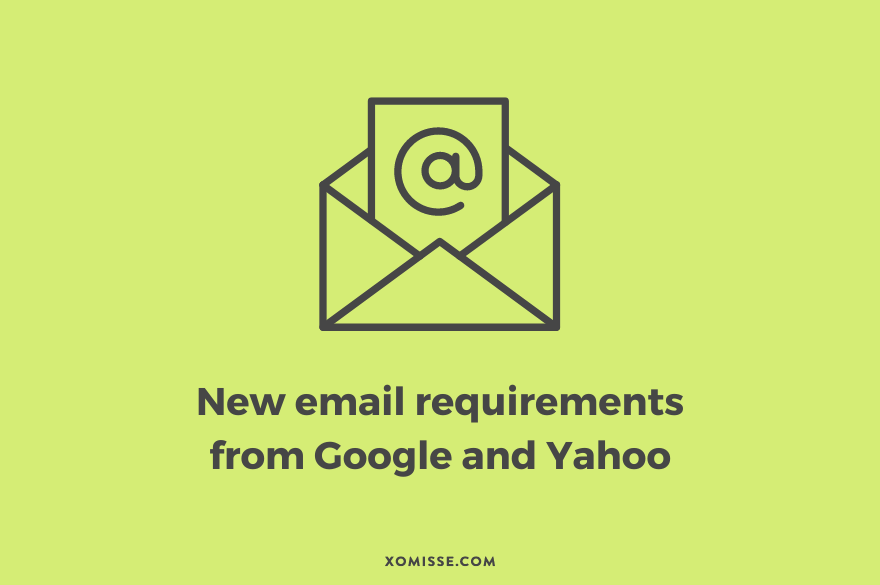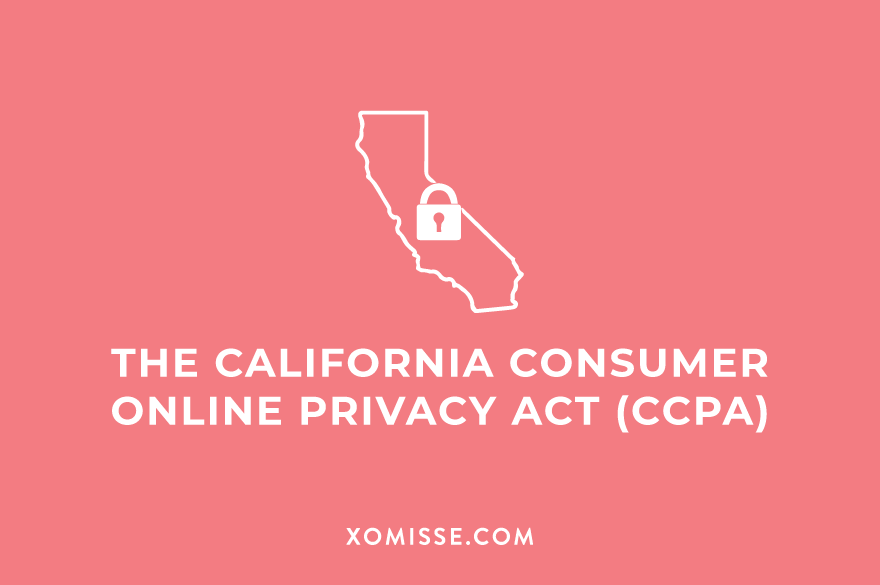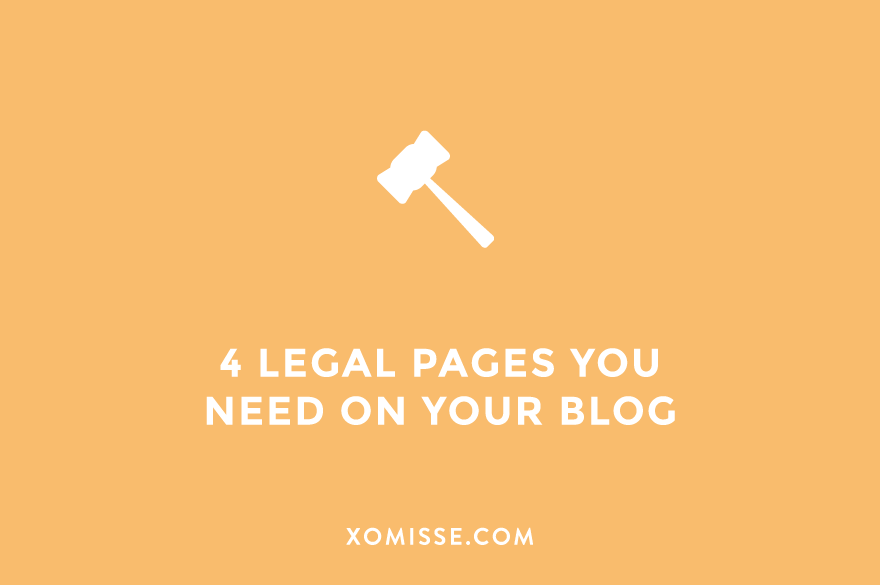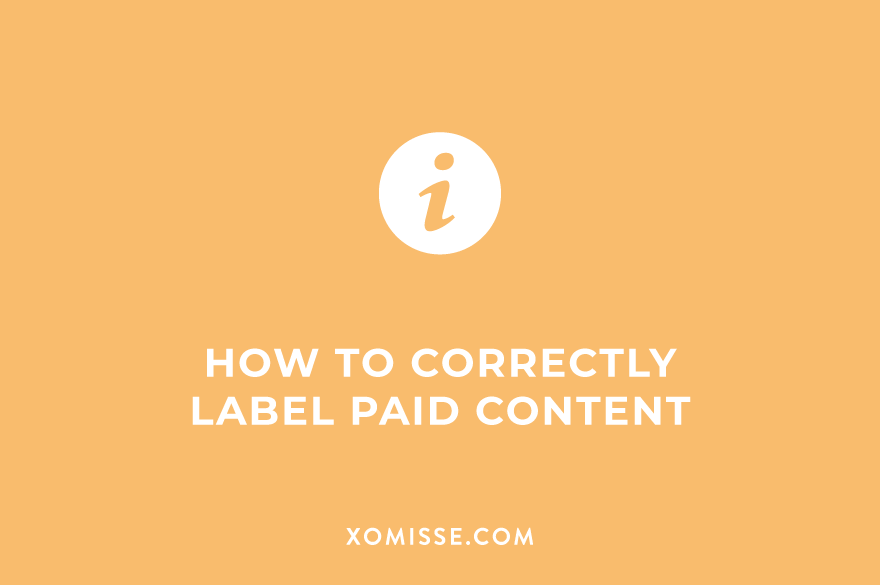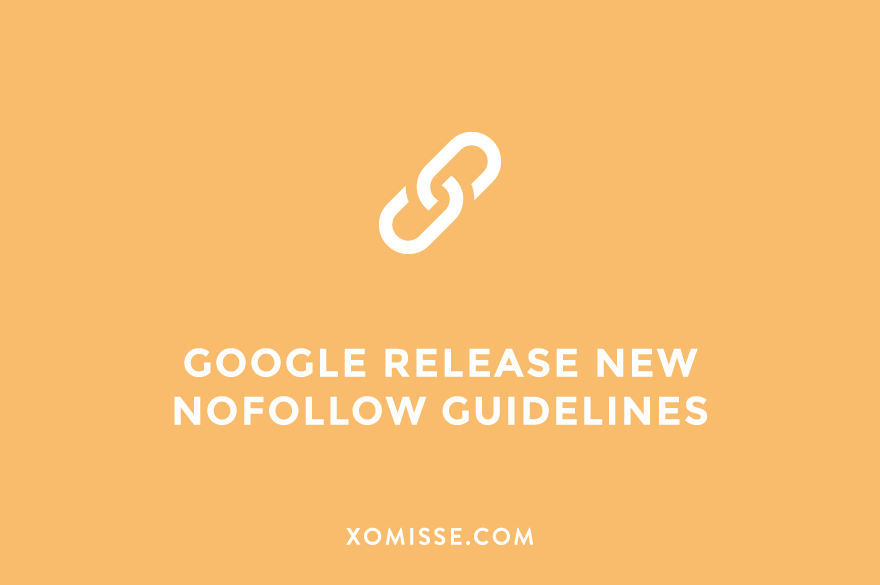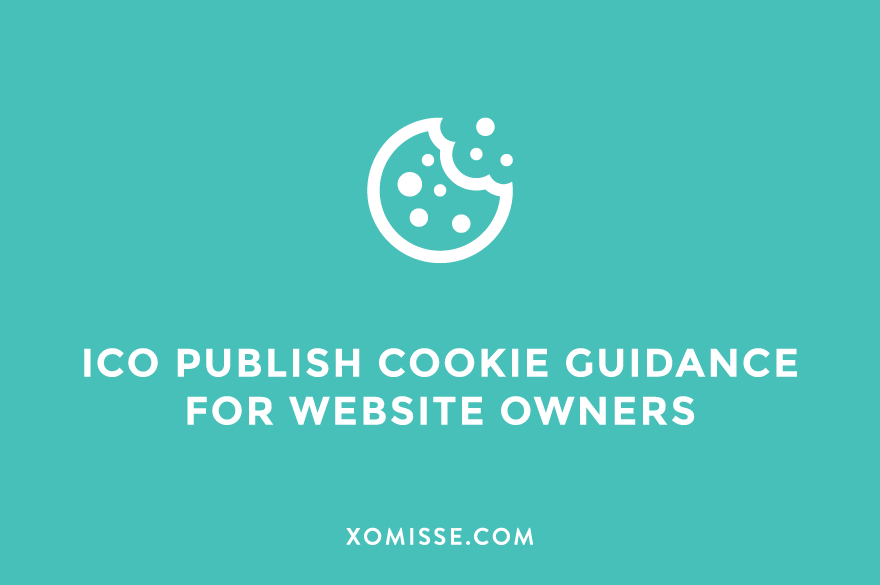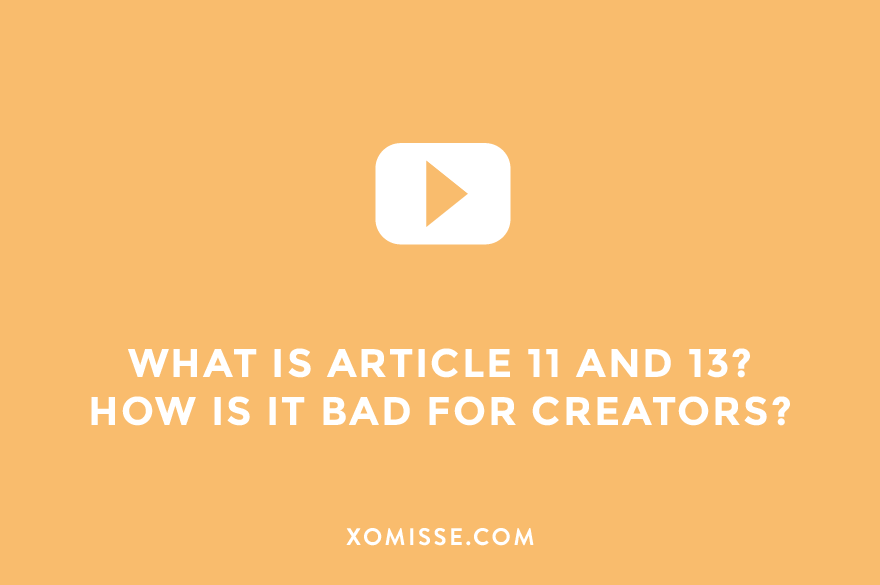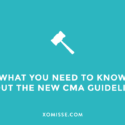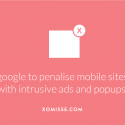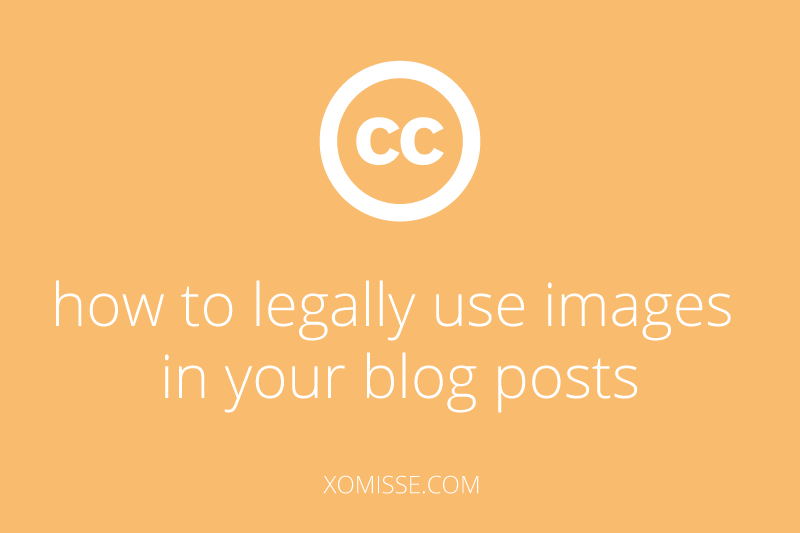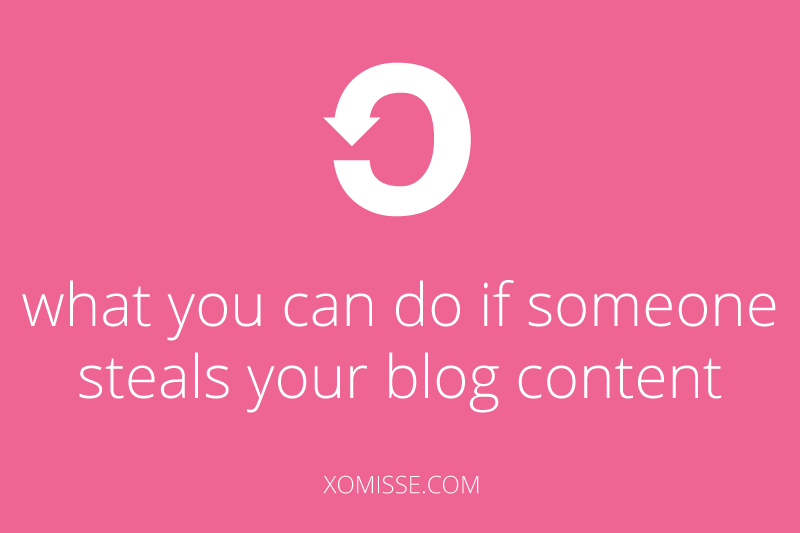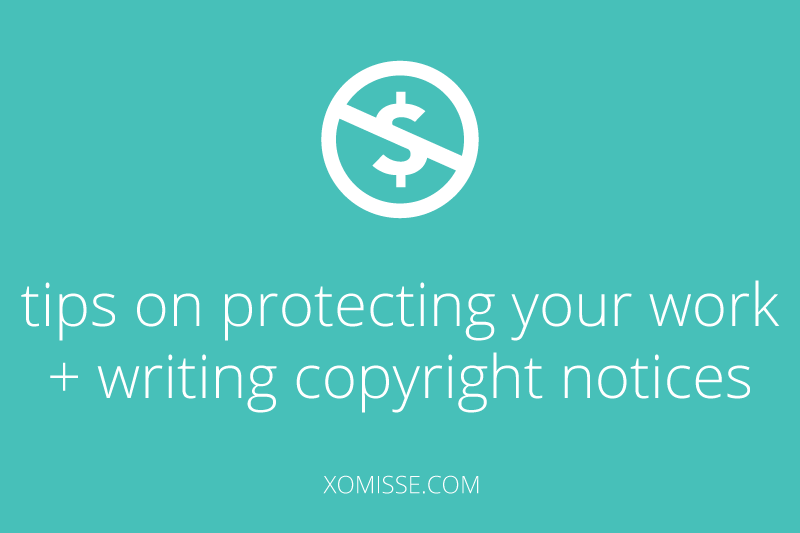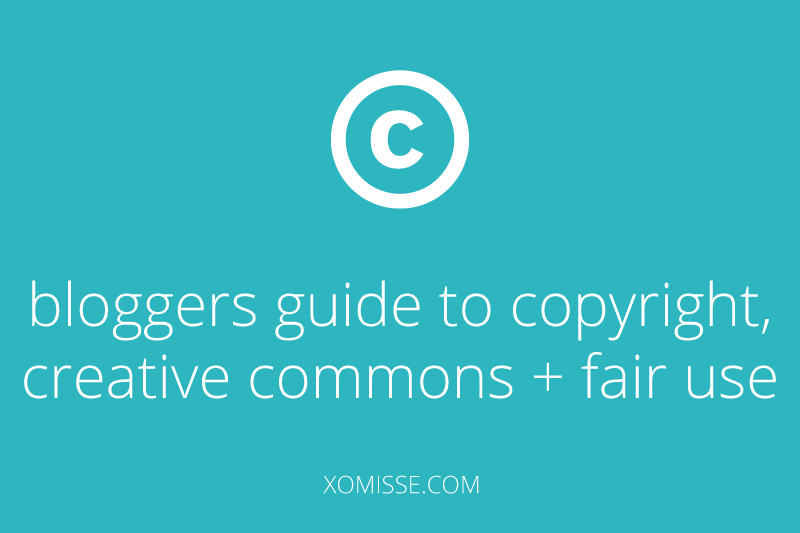Tag: Guidelines

Send email newsletters? New requirements from Google and Yahoo!
Email providers have been fighting against spam for years and in a further attempt to protect users’ inboxes, they are now making what was once a recommendation into a requirement.…

What is the California Consumer Online Privacy Act (CCPA) and does it apply to me?
You may have seen a lot of chatter online about the CCPA law. Much like GDPR, it’s been discussed a lot but many people are still unsure as to what…

4 legal pages you NEED to have on your blog or website
One of the great things about the internet is the ability for anyone to start a blog or website. And while it is relatively easy to get yourself online, there…

Using Google’s new Nofollow, UGC and Sponsored Link Attributes (Guideline for bloggers and content creators)
Google announced changes to the NoFollow guidelines this week. This affects you as a blogger if you receive sponsored content opportunities. NoFollow links were introduced in 2005 to combat spam…

Are you incorrectly getting consent for cookies? The ICO publish cookie guidance for website owners and bloggers
Since the General Data Protection Regulation (GDPR) came into effect last year, there has been a lot of questions surrounding cookies. Last week the Information Commissioner Office (ICO), which is…

What is Article 11 and 13? The new EU copyright legislation for creators
What is article 11 and article 13? How does it affect creators, bloggers and YouTubers?

What is GDPR and how does it affect bloggers and freelancers?
It’s become quite normal for us to share personal information online. Because of this data protection regulations need to be updated to ensure security standards are being met. These regulations…

Sponsored Content – how to legally publish sponsored posts and how much to charge for them
Years ago when someone mentioned blog advertising you would immediately think of flashing banners above the header, between posts and in the sidebar. These days advertising on blogs and websites…

Google to Penalise Sites with Pop-ups and Intrustive Advertisements
Bloggers might want to take note of Google’s latest update. Google announced this week that they are introducing a new penalty to demote mobile pages that have pop-ups and intrusive…

Do you receive ‘free products’ for reviews? Google publish “best practice” guidelines
Over the weekend Google shared the best practices for bloggers who receive free products for review consideration. These guidelines have cleared up some confusion and should be followed to avoid…

How to legally use images and content in your blog posts
This is the forth and final post in this bloggers guide to copyright series. We’ve covered what Copyright, Creative Commons, Fair Use and Copyright Infringement mean, talked about tips for…

What you can do if someone steals your content
The previous two posts in this bloggers guide to copyright series was an overview of Copyright, Creative Commons, Plagiarism, Fair Use and Copyright Infringement and tips for protecting your content…

Tips for protecting your content + writing copyright notices
My last post in this bloggers guide to copyright series was an overview of Copyright, Creative Commons, Plagiarism, Fair Use and Copyright Infringement. Today I’m going to talk a little…

Stay out of legal trouble as a blogger – get to know copyright law
How much do you know about copyright? Republishing a blog post or using someone else’s image isn’t 100% correct but you gave them credit so it’s okay, right? Wrong! I…
